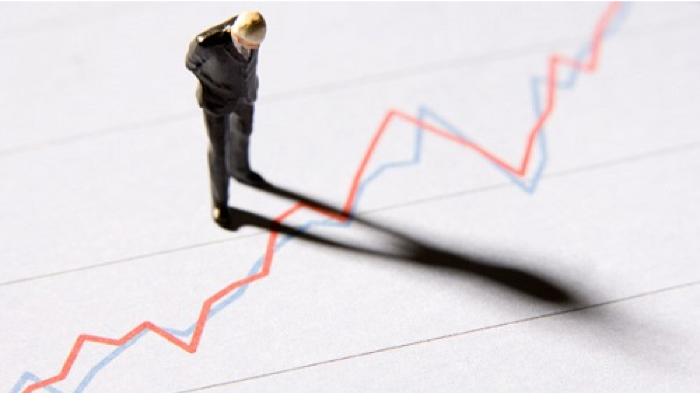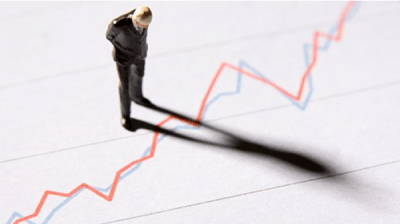2 min read
Business Risk vs. Financial Risk: What’s the Difference?
First Federal Bank : July 15, 2022 10:00:00 AM EDT

 Just like everything else in life, owning and operating a small business can be risky. Typically, your risks will fall into two different categories: business and financial. Understanding both of these risk types will help you run your business as responsibly as possible and plan ahead for any complications that might arise.
Just like everything else in life, owning and operating a small business can be risky. Typically, your risks will fall into two different categories: business and financial. Understanding both of these risk types will help you run your business as responsibly as possible and plan ahead for any complications that might arise.
Business risk
Business risk is based on the fundamentals of operating your business: Is there a chance it will fail because you can’t produce and sell enough of your goods or services, bring in revenue to cover all your expenses, or make a profit? According to financial writer J.B. Maverick, other business risk factors include demand for what you’re selling, the cost of goods, and the level of competition you face. Broadly speaking, the business risks that are largely under your control are known as, “unsystematic.” But other business risk factors are, “systematic,” meaning there’s less you can do to minimize them.
Unsystematic business risks can be significantly heightened or lowered by the way you run your company. “Sources of unsystematic risk include the strategic, management, and investment decisions a small business owner faces every day,” Oscar Guzman points out in an article for Chron.com. Poor planning, overspending, quality issues, the inability to retain employees, and overall inefficiency are just a few of the factors that can result in greater business risk.
Meanwhile, you’ll face systematic business risks no matter how well you run your company. Types of systematic business risks include economic recessions, natural disasters, political turmoil, and the rise and fall of markets. Many businesses are also vulnerable to supply chain disruptions, which can prevent them from obtaining crucial products and materials. It’s wise to prepare your company for unexpected systematic risks — but ultimately, they’re inherent to the experience of running a business and it’s not possible to anticipate them all.
Financial risk
The financial risk your small business faces is closely linked to your debt obligations and other financial liabilities. If your company doesn’t owe any debts, your financial risk will likely be quite low. But the more heavily leveraged your company is, and the more unfavorably that debt is structured, the higher your level of financial risk.
For example, if you can no longer generate the cash flow necessary to make payments on a loan, your company could end up defaulting — even if your business is otherwise successful. If interest rates rise, this is another factor that could increase the cost of your obligations, make it more difficult to pay your creditors, and heighten your financial risk.
Methods for managing financial risk depend on your company’s specific obligations. However, Maverick notes in an article for Investopedia your debt/equity ratio is an especially important measurement to consider as you make decisions about financing your business.
Running a small business exposes you to a wide variety of risks, but understanding the ones you’re most likely to face can help you plan for the future, avoid major pitfalls, and put your company in a position to enjoy growth and success.

5 Tips for Reducing Heart Disease Risk
We hear all the time about the prevalence of heart disease, and how to mitigate risk. From diet to exercise, to understanding your family history,...

Rising Inventory Means This Spring Could Be Your Moment
Want to know two reasons this spring might finally be your time to buy? Inventory has grown and sellers may be more willing to negotiate as a result....
